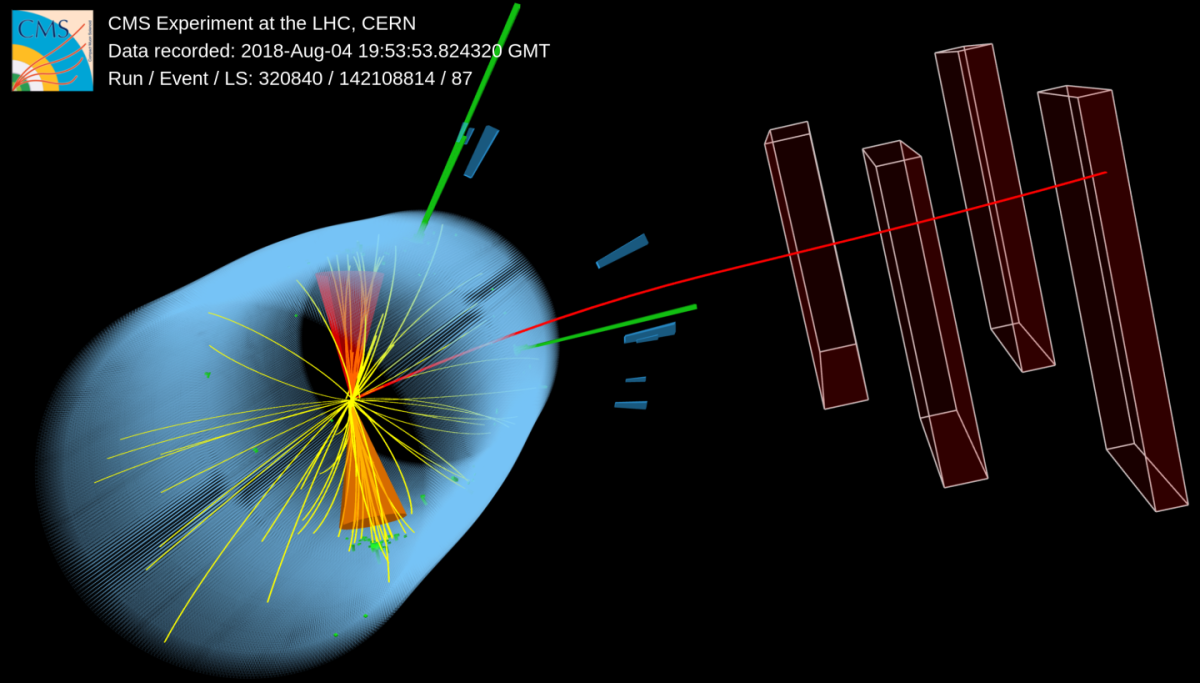
Physics Research at the University of Minnesota
Utilizing a blend of experimental and theoretical physics to offer our students the best of both worlds.
Related Research Centers and Institutes
Center for Quantum Materials (CQM)
The Center for Quantum Materials (CQM) started operation in August 2016 and is funded by the U.S. Department of Energy Office of Basic Energy Sciences. It brings together an interdisciplinary research team from the School of Physics and Astronomy and the Department of Chemical Engineering and Materials Science at the University of Minnesota to investigate the physics and materials science of quantum materials, specifically complex oxides.
Data Science in Multi-Messenger Astrophysics (DSMIMA)
The National Science Foundation-supported research training program Data Science in Multi-Messenger Astrophysics at the University of Minnesota is designed to train graduate students in modern data science techniques, using as a training ground the field of Multi-Messenger Astrophysics (MMA).
Fine Theoretical Physics Institute (FTPI)
Comprised of seven faculty members from the School of Physics & Astronomy, the Fine Theoretical Physics Institute supports world class research in theoretical physics in the fields of cosmology, high energy physics, and condensed matter physics.
Minnesota Institute for Astrophysics (MIfA)
Comprised of twenty-four faculty members from the School of Physics & Astronomy, the Minnesota Institute for Astrophysics conducts research in astrophysics, cosmology, planetary science, and space science. They have an Undergraduate and a Graduate program.
Minnesota Materials Research Science and Engineering Center (MRSEC)
The University of Minnesota Materials Research Science and Engineering Center (MRSEC) enables important areas of future technology, ranging from biomedicine, separations, and plastic electronics to security, renewable energy, and information technology. The UMN MRSEC manages an extensive program in education and career development. Center research activities are integrated with educational programs, providing interdisciplinary training of students and postdocs. The MRSEC is bolstered by a broad complement of over 20 companies that contribute directly to IRG research through intellectual, technological, and financial support. International research collaborations and student exchanges are pursued with leading research labs in Asia and Europe. The UMN MRSEC benefits from an extensive suite of materials synthesis, characterization and computational facilities.